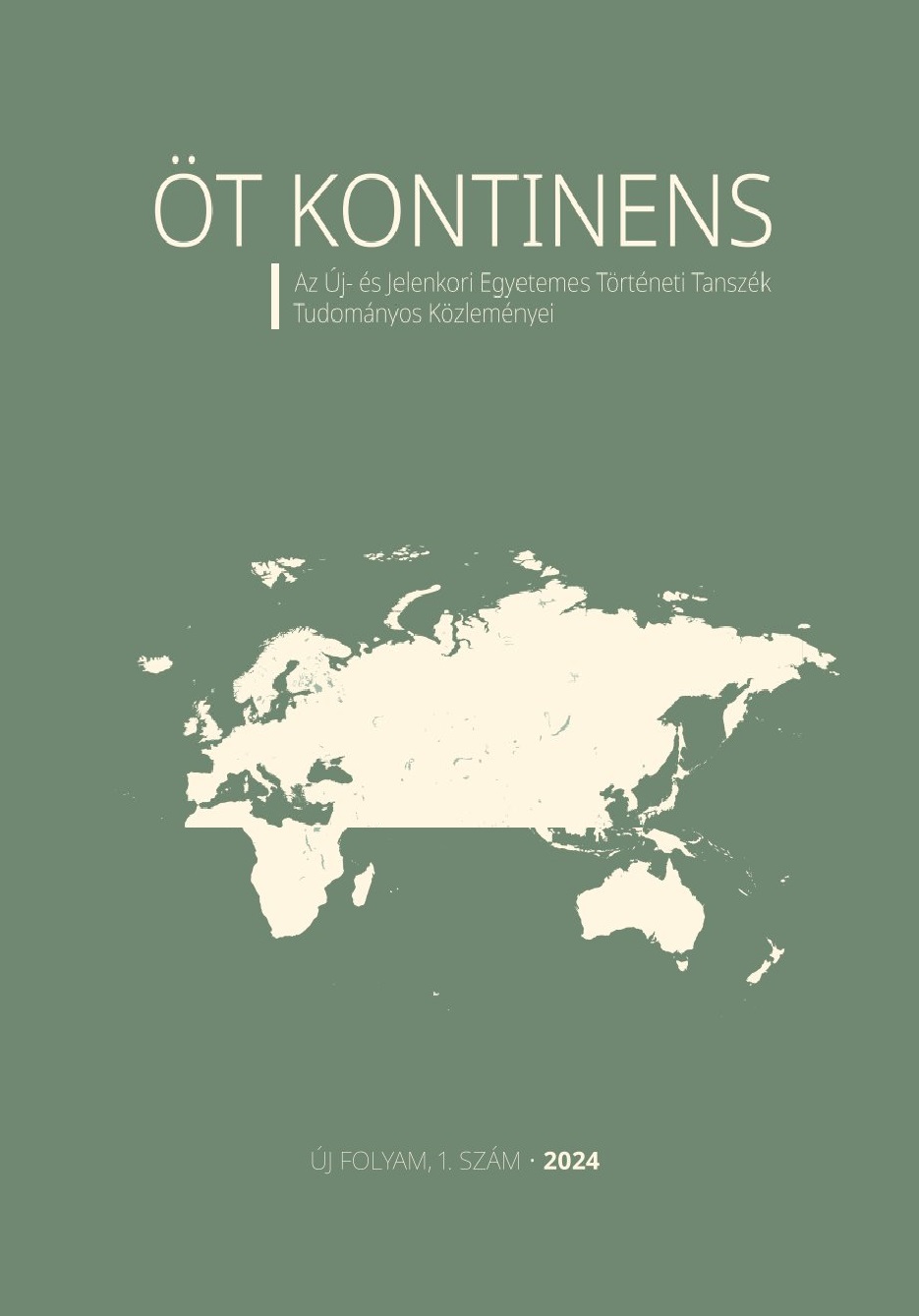The Early Period of Brazilian–American Relations
DOI:
https://doi.org/10.61498/OK2024-1.09Abstract
The United States of America was the first country to recognize the independence of Brazil, when, on May 26, 1824, James Monroe, the President of the US, received José Silvestre Rebello as a chargé d’affaires sent by the Emperor of Brazil to the United States. In reciprocity, on March 9, 1825, President Monroe appointed Condy Raguet to a similar position in Brazil, who presented his credentials to Emperor Pedro I on October 29, 1825. American traders developed business relations with the Portuguese colony already at the end of the eighteenth century, and the economic ties remained important through out the nineteenth century. However, the purpose of this article is to analyze the antecedents and circumstances of the establishment
of diplomatic relations between the two countries. The paper focuses mainly on the early period, the era of the Napoleonic Wars, the presidency of James Madison (1809–1817) and James Monroe (1817-1825), and the activity of John Quincy Adams, who was the secretary of state of the United States from 1817 to 1825 and its president from 1825 to 1829. The paper relies on official documents and the Memoirs of John Quincy Adams as its most important primary sources.

